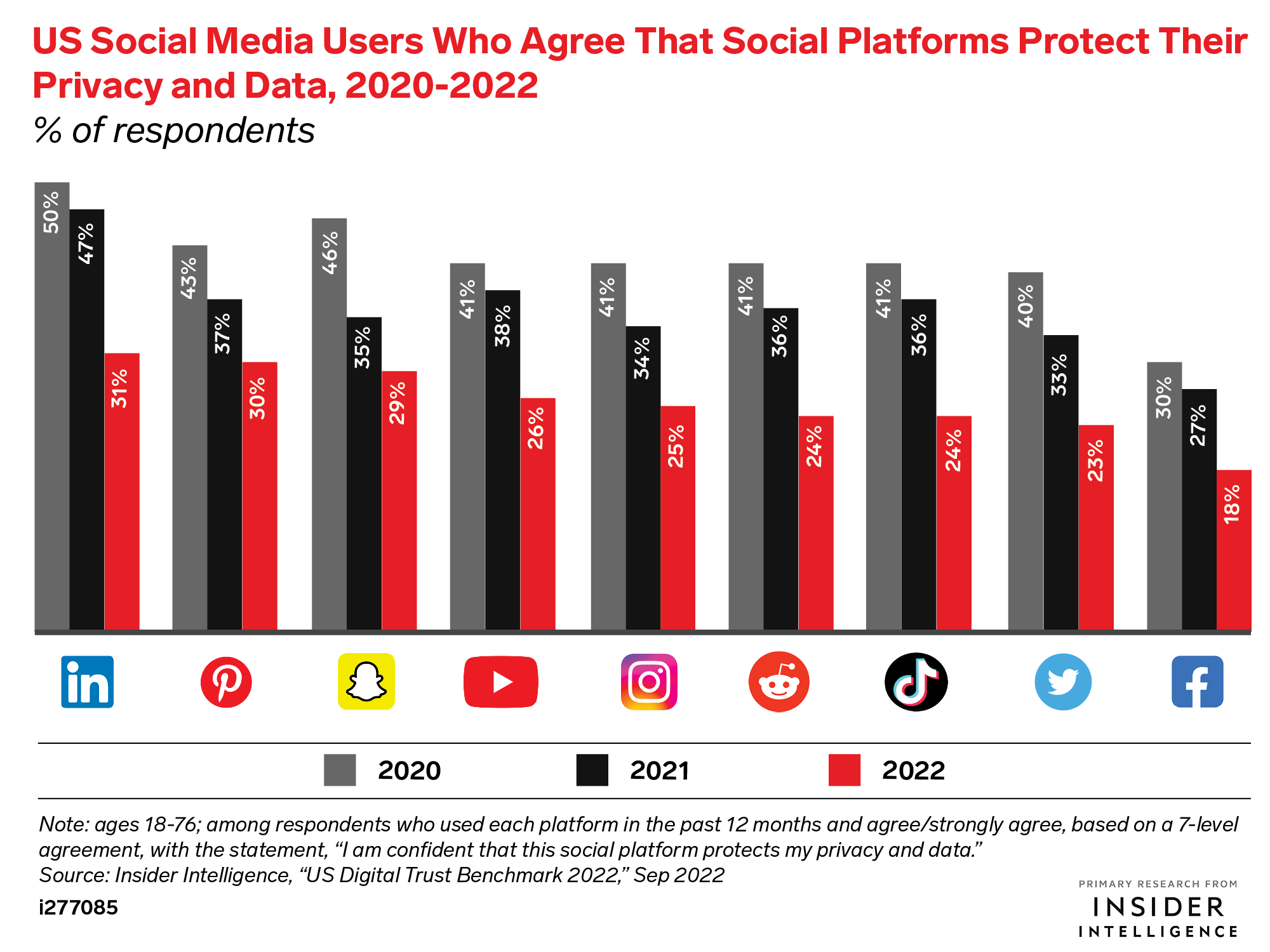Smart Rings: Enhancing Relationship Trust Or Raising Privacy Concerns?

Table of Contents
H2: Smart Rings and Relationship Dynamics
Smart rings, with their embedded technology, offer features that could seemingly strengthen relationships. However, the impact is complex and multifaceted.
H3: Fostering Trust and Communication
For couples, particularly those in long-distance relationships, smart rings can offer a sense of connection. Features like location sharing (with explicit consent, of course) can alleviate anxieties about a partner's whereabouts.
- Location Tracking (with consent): Knowing your partner's general location can provide reassurance, especially for those working late or traveling.
- Shared Fitness Goals: Many smart rings track fitness data. Sharing this information can foster mutual support and accountability in achieving health goals.
- Health Monitoring: Some rings monitor heart rate and sleep patterns. Sharing this data (with consent) can show concern and support for a partner's well-being.
However, even these seemingly positive features have downsides. Over-reliance on tracking can create an environment of suspicion and lack of trust. Misuse of location data, for example, could lead to arguments and erode intimacy. Open communication about the use of these features is crucial.
H3: The Double-Edged Sword of Privacy
The constant connectivity afforded by smart rings can be a double-edged sword. While it can foster intimacy, it can also lead to a feeling of being constantly monitored.
- Lack of Personal Space: The always-on nature of some smart rings can create a sense of intrusion and limit personal space, potentially damaging the relationship.
- Jealousy and Possessiveness: Access to location data without clear consent can fuel jealousy and possessiveness, harming trust and open communication.
- Boundary Setting: Couples need to establish clear boundaries regarding data sharing and access. Open, honest conversations about privacy expectations are vital for a healthy relationship.
H2: Privacy Concerns Surrounding Smart Ring Technology
Beyond relationship dynamics, the privacy implications of smart rings are substantial and should not be ignored.
H3: Data Collection and Security Risks
Smart rings collect a surprising amount of personal data, including:
- Biometric Data: Heart rate, sleep patterns, and even potentially electrocardiograms (ECG).
- Location Data: GPS data tracking your movements throughout the day.
- Activity Data: Steps taken, calories burned, and other fitness metrics.
This data is vulnerable to hacking and data breaches, with potentially serious consequences like identity theft and medical record compromise. Transparency regarding data usage and robust security protocols are critical, yet often lacking in some smart ring brands.
H3: Lack of Regulation and User Control
The regulatory landscape surrounding smart ring data privacy is still developing, leaving users with limited control over their data.
- Data Ownership: The ownership and control of the data collected by smart rings are often unclear.
- Data Sharing Preferences: Many smart rings offer limited options for customizing data collection and sharing.
- Understanding Privacy Settings: The complexity of privacy settings in many smart ring apps can make it difficult for users to understand and manage their data effectively.
H3: Ethical Implications of Biometric Data
The collection of sensitive biometric data raises significant ethical questions.
- Misuse of Biometric Data: This data could be misused for purposes beyond the advertised functionalities, raising concerns about surveillance and manipulation.
- Data Ownership and Consent: Who owns this data, and what level of consent is truly informed when users agree to the terms of service? These are crucial ethical considerations.
3. Conclusion
Smart rings offer potential benefits for relationships, but these advantages must be carefully weighed against significant privacy risks. The constant connectivity and extensive data collection capabilities raise serious concerns about personal space, trust, and security. Making informed decisions about smart rings requires a critical evaluation of their privacy policies and a transparent discussion with partners about data sharing and boundaries. Choosing privacy-conscious smart rings and understanding the privacy implications of smart rings are vital steps in protecting your personal information and safeguarding your relationships. The ongoing dialogue about technology's role in our intimate lives is paramount in navigating this evolving technological landscape.

Featured Posts
-
 Amy Irving Mourns The Passing Of Dallas And Carrie Star
May 02, 2025
Amy Irving Mourns The Passing Of Dallas And Carrie Star
May 02, 2025 -
 Deadly Food Doctors Alarming Link To Early Death And Smoking
May 02, 2025
Deadly Food Doctors Alarming Link To Early Death And Smoking
May 02, 2025 -
 Play Station Showcase Addressing The Ps 5 Fans Two Year Anticipation
May 02, 2025
Play Station Showcase Addressing The Ps 5 Fans Two Year Anticipation
May 02, 2025 -
 Building A Better Future For Mental Healthcare
May 02, 2025
Building A Better Future For Mental Healthcare
May 02, 2025 -
 Bantuan Tabung Baitulmal Sarawak 125 Anak Asnaf Sibu Dapat Manfaat Program Kembali Ke Sekolah 2025
May 02, 2025
Bantuan Tabung Baitulmal Sarawak 125 Anak Asnaf Sibu Dapat Manfaat Program Kembali Ke Sekolah 2025
May 02, 2025
